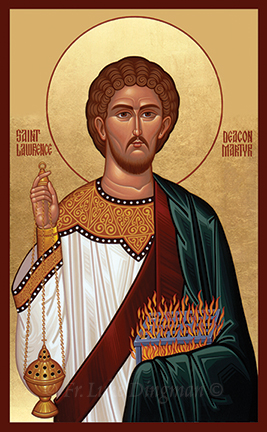In today’s post I want to examine the subject of who “keeps” a nation’s morality. Given the state of moral decay in the West at the moment, and the overall mess that is the marriage market, I think it a topic worth exploring. Since it is a fairly broad subject, I will give considerable latitude to my readers in their responses. But at the same time I would ask that folks use common sense, and not abuse this privilege.
A number of figures have argued, and argue still, that women are the one’s who set the “moral tone” of a civilization. One such figure was Fulton Sheen, who said in Life is Worth Living:
“To a great extent the level of any civilization is the level of its womanhood. When a man loves a woman, he has to become worthy of her. The higher her virtue, the more noble her character, the more devoted she is to truth, justice, goodness, the more a man has to aspire to be worthy of her. The history of civilization could actually be written in terms of the level of its women.”
Others, including I think some around the ‘sphere, have argued the opposite. I do not have any quotes to provide at the moment, as I think this position is argued more by the commentariat than by most bloggers. But I know I’ve seen it.
Before I go on, I should clarify something. I am not examining the subject of which sex, male or female, is more “naturally virtuous.” Or which is more naturally civilized, or a greater fit for civilization, or some such. Rather, I am examining which sex sets the bar of morality in a civilization. In math terms, which is the lowest common denominator?
I do not think that Rev. Fulton Sheen was expressing above a belief that women are more naturally virtuous than men. Rather, he was stating that when women in a society are moral, it is likely that the men will be too. Conversely, the implication is that when men in a society are moral, women do not necessarily follow suite. [The argument that the men in a society can only be moral when the women are, and so the reverse stated before isn’t true, is a different argument altogether.]
As I see it, there are four mutually exclusive alternatives here: women set the bar, men set the bar, neither sets the bar (they are both independent of each other) or both set the bar (there is a casual link between the two in terms of moral level). I invite my readers to offer their thoughts on which they think is true.
Also, I think there can be a number of different possible factors which might be responsible for any bar setting that might occur. They are, in no particular order:
- Inspiration- The moral character of one sex inspires the other to live a more virtuous life (perhaps in order to be “worthy” of them).
- Reactivity- One sex might be more inclined by nature to mirror the moral character of the other sex (this is more instinctive than a deliberate choice)
- Responsiveness to Leadership- One sex might be more inclined by nature to respond to moral leaders and their directions on the moral life. [If one sex is less responsive than the other it is all the more essential that it be trained/raised properly when young.]
I am sure there are more, but those are the ones that I could think of in short order.
While I am one who loves intellectual discovery for no other purpose than curiosity, something else is driving me here. If one sex is naturally more influential when it comes to the moral character of a people, than it stands to reason that more care needs to be exerted raising that sex while young. After all, a misallocation of time (that most precious of resources) could have lasting effects on the virtue of a civilization. And even if time is spent, it if is spent poorly it will still have deleterious effects. Perhaps even leading to collapse, in the end.
And with those dark thoughts I invite my readers to step forward and voice their own.


